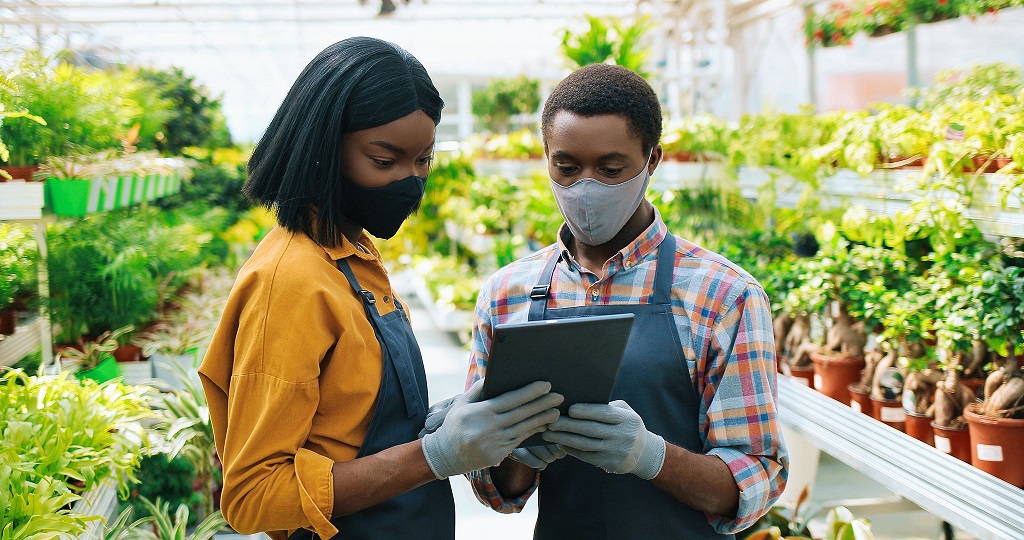The climate and nature crises impact first and worst on women, girls, and marginalised groups in the Global South. The social, economic, and political empowerment of women, girls and groups that face marginalisation — such as Indigenous Peoples and local communities — has been shown to deliver better environmental outcomes. However, too often actions that are designed to address climate change and biodiversity loss exclude their voices, their needs and their agency, and risk exacerbating rather than addressing social inequalities.
This Wilton Park event will bring together climate and nature policy makers and practitioners, government representatives from the Global South and Global North, INGOs, multilateral bodies, philanthropies, the private sector, academics, women’s rights activists, Indigenous Peoples and local communities representatives, and representatives of Organisations of Peoples with Disabilities to discuss practical measures that will ensure that women, girls, Indigenous Peoples and local communities and marginalised groups are at the heart of efforts to tackle the global biodiversity crisis.
Image shows community members from Olderkesi Wildlife Conservancy in Kenya, prioritising outcomes from a conservation programme using the ‘First Line of Defence (FloD)’ approach.
Image is courtesy of the First Line of Defence (FloD) Illegal Wildlife Trade Challenge Fund project, led by IIED. Image credit: Micah Conway
In partnership













